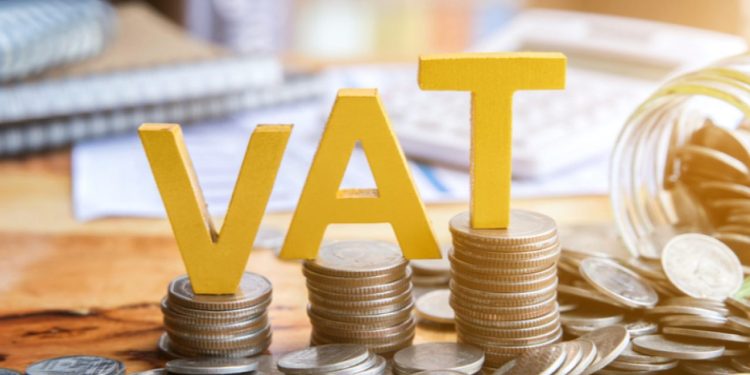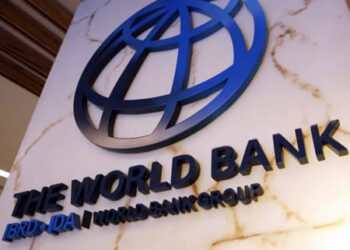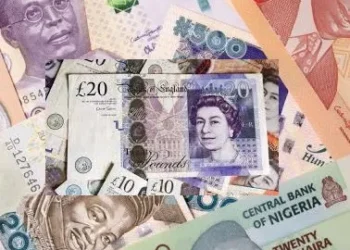Data from the National Bureau of Statistics (NBS) shows that in the first quarter of 2022, Nigeria’s value-added tax (VAT) stood at N588.59 billion, representing a 4.41 percent growth on a quarter-on-quarter basis and an 18.58% increase year-on-year.
This amount realized in VAT for Q1 2022 was on the back of manufacturing, information and communication, and mining and quarrying sectors as they contributed 32.84 percent, 17.10 percent, and 11.85 percent respectively. While activities of households as employers, undifferentiated goods and services recorded the least share with 0.04%, followed by Activities of extraterritorial organizations and bodies with 0.08%; and Water supply, sewerage, waste management and remediation activities with 0.16%.
Despite that Information and Communication was the second-largest sectoral contributor to the 2022 Q1 tax income, it however retracted by 5.68 percent compared to Q4 2021.
In terms of growth, activities of extraterritorial organizations and bodies recorded the highest growth rate with 469.32%, followed by Water supply, sewerage, waste management and remediation activities with 47.62%. On the other hand, Agriculture, forestry and fishing had the lowest growth rate as it recorded a negative growth of –31.04%, followed by Real estate activities with –18.74%.
Disintegrating the aggregate VAT revenue classification shows that Non-Import Local VAT accounted for about 58.5 percent of the total VAT revenue for the period. Non-Import Foreign VAT accounted for 20 percent of the total VAT, while the Nigeria Customs Service (NCS) Import VAT pulled in the remaining 21.5 percent of the total VAT.
Additionally, the quarter-on-quarter growth in VAT (4.4%) was propelled by Non-Import (Foreign) VAT which rose by 14% quarter-on-quarter and improved demand for locally made goods.
While the growth in the VAT revenue seems commendable, there is still an urgent need for Nigeria to expand its revenue as the country’s expenditure pressures remain high due to an increase in recurrent and capital spending.
What is the World Bank Saying
- According to World Bank’s report—Nigeria Development Update (NDU) 2022, federal expenditures rose by 22.8 percent in 2021 (0.5 percentage points of GDP), and “rigid” recurrent spending—interest payments and personnel costs—hovered around 60 percent of the total federal expenditure.
- Capital expenditures also rose significantly in 2021, by nearly 75 percent against 2020 levels (from 1.4 percent of GDP in 2020 to 2.2 percent of GDP in 2021), to reach their highest-ever level of N3.9 trillion.
- Federal expenditures are estimated to increase by over 25 percent in 2022 amid elections, with a 37 percent increase in capital expenditures.
What World Bank Expects Nigeria Do
- Nigeria is expected to close legal tax loopholes by issuing a regulation that gives the Ministry of Finance the sole responsibility for granting tax expenditures.
- Increase the VAT rate from 7.5 percent closer to the regional Sub-Saharan African average of 15 percent.
- Re-introduce the VAT on petrol, which is currently exempted.
- Rationalize tax expenditures granted to agriculture, pioneer, and financial sectors.
The estimated increase in expenditure could add to the already mounting-up fiscal pressures in the economy and this requires the government to actively expand the tax net to hedge further public finance pressures.
Re-introducing the petrol VAT could raise the government’s indirect tax revenue however, this would also increase subsidy costs and thereby trounce the government’s initial purpose.











